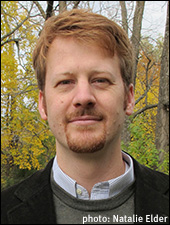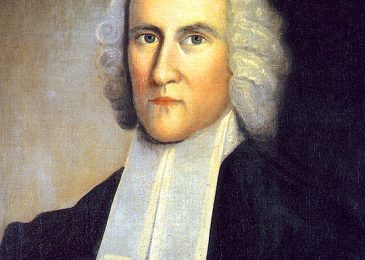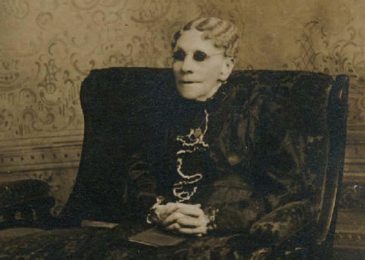Southern Honor and Evangelical History: An Interview with Robert Elder
Robert Elder
I recently had a chance to interview Robert Elder, assistant professor of history at Valparaiso University, about his excellent new book, The Sacred Mirror: Evangelicalism, Honor, and Identity in the Deep South, 1790-1860 (UNC Press). You can follow Robert on Twitter at @southernphd.
1. How did you get interested in the topic of evangelical Christianity and “honor” in the antebellum South? What did “honor” mean to Southerners?
Honor is a slippery concept, but one way to define an..




